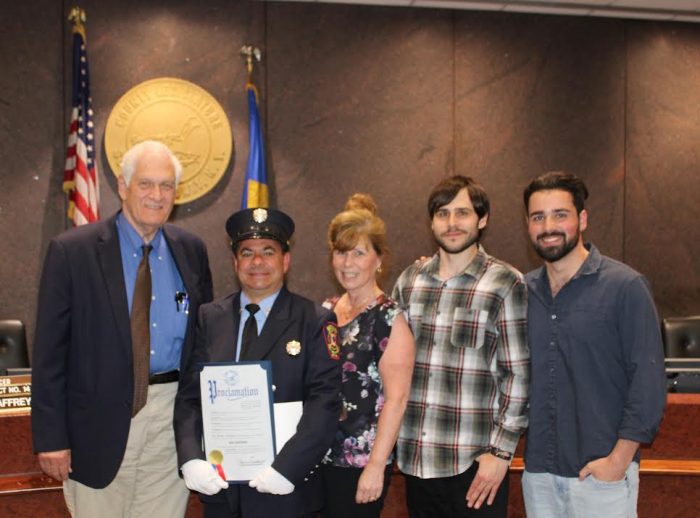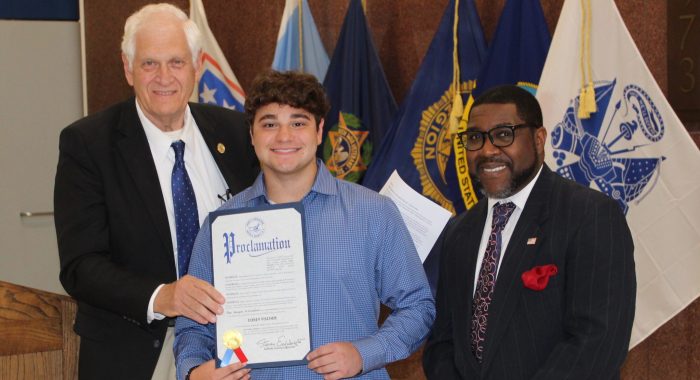With summer-like temperatures in the forecast this week, AAA Northeast is sounding the alarm that vehicular heatstroke can happen quickly — especially given that child deaths inside hot cars increased by nearly 35% last year.
In 2024, 39 children died in hot cars across the U.S., according to the National Highway Traffic Safety Administration, including a 2-month-old infant who died on a 77-degree June day. That’s a significant increase over 2023, when 29 children succumbed to vehicular heatstroke. On average, 37 children die each year because of vehicular heatstroke.
The inside of a car can become lethally hot even on a cool but sunny day: Although most deaths occur when temperatures exceed 80 degrees, a child has succumbed to vehicular heatstroke in 70- to 80-degree temperatures in each of the past 11 years. A child died of heatstroke in Rossville, Georgia in January, 2016 when the outside air temperature was 52 degrees.
On a typical 80-degree summer day, the interior temperature of a vehicle climbs by 20 degrees in only 10 minutes and reaches a deadly 109 degrees in 20 minutes. On hotter days, the interior temperature can easily reach 120- to 140-degrees, and cracking the windows has little effect.
“While every family wants to believe this could never happen to them, the reality is a child dying from vehicular heatstroke is an unimaginable tragedy that can happen to any family,” said Robert Sinclair of AAA Northeast. “We urge families to take action to ensure children’s safety. Establish firm guidelines about heatstroke safety with family members and caregivers and put processes in place to ensure children — and pets — are never left behind. In some cases, a sticky note affixed to the steering wheel or a smartphone screen can help prevent a fatality.”
To prevent hot car deaths, AAA Northeast recommends caregivers practice the following:
Stop and look at the backseat before exiting a parked vehicle. Make it a habit to check the entire vehicle before locking the doors and walking away. Place personal items, like a purse or briefcase, on the floor in the back seat as another reminder to look before you lock. Ask childcare providers to immediately call if your child doesn’t show up for care as expected and always seek confirmation that your child was removed from the vehicle safely by anyone transporting them — including spouses, grandparents, other family members and close friends.
Lock your vehicle to prevent unsupervised access and a child getting trapped inside. Keep car keys away from children and teach them that the inside of a car should never be used as a play area.
Act fast, call 911 and take action if you see a child alone in a locked car. A child in distress should be removed as quickly as possible.
Statistics about hot car deaths:
Over 52% of deaths are caused by a caregiver forgetting the child in the vehicle, according to NoHeatStroke.org. And it’s often not a parent: 29% of the deaths related to children forgotten in vehicles involve a caregiver other than a parent. Be especially vigilant whenever there is a change in your childcare or drop-off routine.
Nearly 22% of deaths result when a caregiver knowingly leaves a child in the car (typically to run a quick errand or let the child finish a nap). The majority of the temperature rise occurs within the first 15 to 30 minutes, and caregivers may mistakenly assume that cracking the windows is sufficient to cool and ventilate the vehicle.
Nearly 25% of cases are related to the child gaining access to the vehicle without adult supervision and becoming trapped in the vehicle. An innocent game of hide-and-seek can lead to such tragedies; often the child enters the vehicle and closes the door or trunk and cannot get out. It is important for all drivers, not just parents, to lock their vehicles in driveways and parking lots.
Statistics about pets dying in hot cars are not tracked as closely, but the American Veterinary Medical Association reports that every year, hundreds of pets die of heatstroke in parked vehicles. Exercise the same care with a pet as you would with a child.
AAA Northeast is a not-for-profit auto club with offices in Rhode Island, Massachusetts, Connecticut, New Jersey, New Hampshire and New York, providing nearly 6.8 million local AAA members with travel, insurance, financial and auto-related services.



















